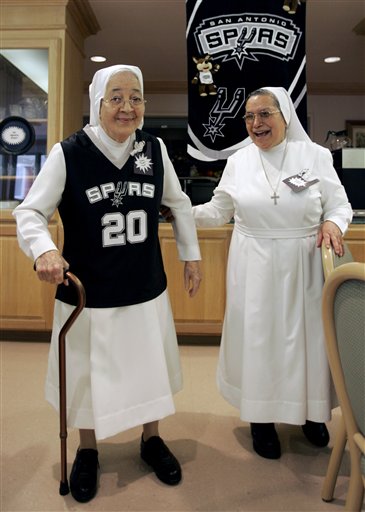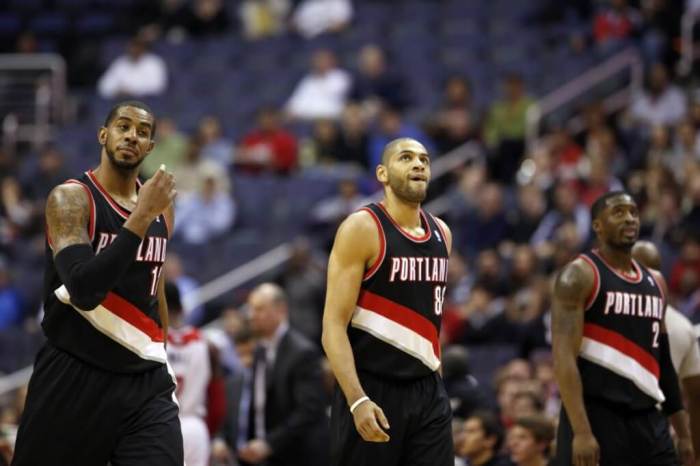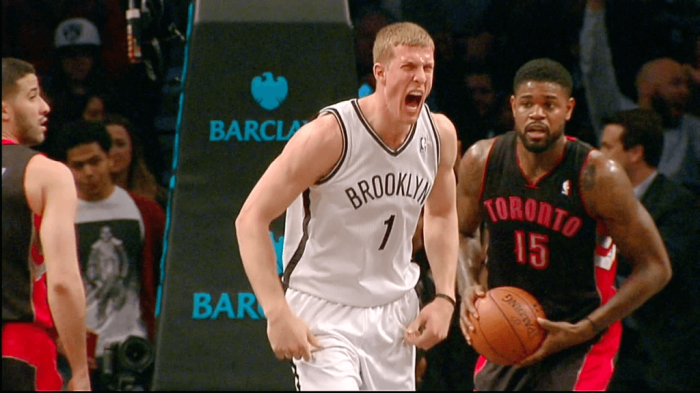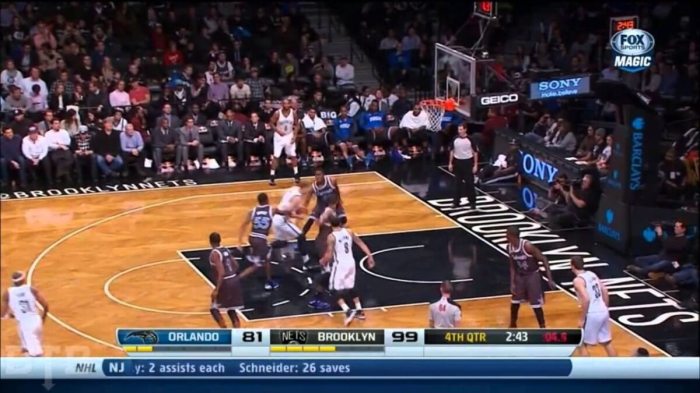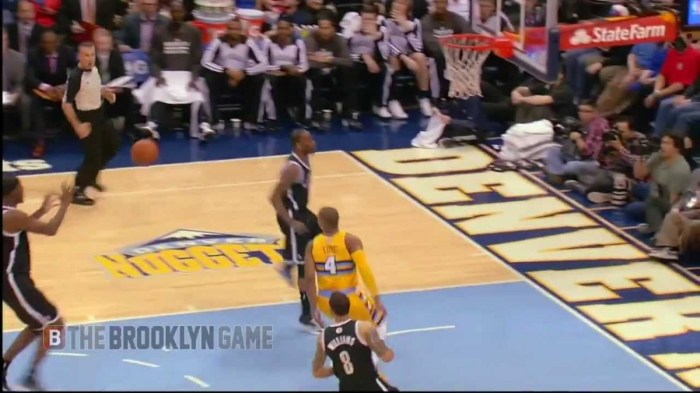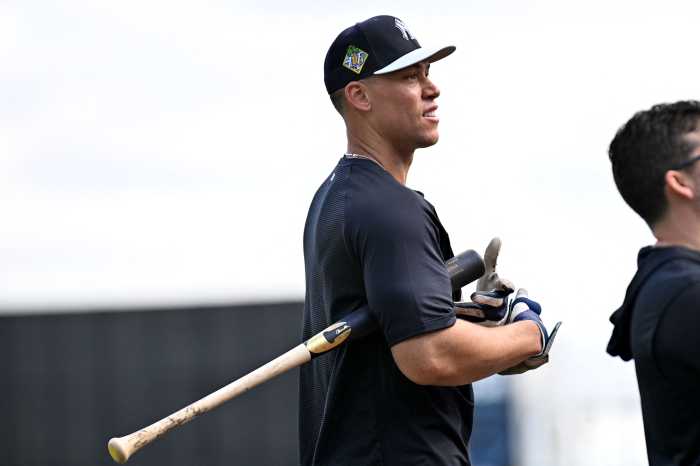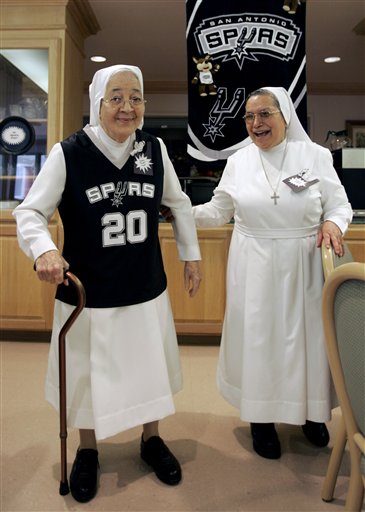
The Spurs are perhaps the most stable organization in sports, having kept their core of Tim Duncan, Tony Parker, Manu Ginobili, and coach Gregg Popovich together for over a decade — unparalleled in the NBA. On top of their stability (or, more likely, because of it), they rank in the top-5 of the NBA both offensively and defensively despite a whirl of changing parts since their last championship run since 2006-07.
To break down the San Antonio Spurs success, welcome Jesse Blanchard from 48 Minutes of Hell, ESPN TrueHoop San Antonio Spurs Affiliate. I’ve asked Jesse three questions about the Spurs, and he offers a prediction.
Onward!
Devin: The always-aging, somehow never-aging Spurs are 24-8 after 32 games. Yawn. Business as usual in San Antonio, or has something changed that’s kept them this good?
Jesse: This season has been business as usual for the San Antonio Spurs insofar as Tim Duncan, Manu Ginobili, and Tony Parker are anchoring a group of interchangeable role players under the expert direction of Gregg Popovich. But there a few newish wrinkles to report.
Tim Duncan is playing better than he has in years. He’s mobile with a little more explosiveness and fluidity in his moves. The Spurs are getting more out of featuring him in the post again. It’s been enough to offset what has been a rough year from Manu Ginobili (though he enters tonight having scored 20+ in back-to-back games).
Perhaps the most promising aspect of this year’s Spurs team is their defense has returned from mediocrity to a little better than respectable with room for growth. The Spurs defensive rating (points allowed per 100 possessions) has remained solidly within the top ten all season, now fifth in the NBA. More encouraging: this is without the defensive playmaking ability of Kawhi Leonard for much of the season.
Most of the improvement can be traced back to Duncan’s resurgence. He’s blocking shots at career rates—a product of his improved physical prowess and his teammates’ ability to properly funnel penetration towards him. People often think of the Spurs as having played together for years because in truth its three stars have. But this is perhaps the first year in some time without major changes to the rotation.
Over the past five years or so the Spurs have shuffled their rotation around quite a bit. Bruce Bowen became Michael Finley who became Richard Jefferson who was never as good as George Hill who became Kawhi Leonard. The entire roster returned intact from last year, and that continuity along with an actual training camp and practice time for Danny Green, Tiago Splitter, and Leonard have been quite an underrated aspect to the Spurs improved defense.
Devin: What kind of teams give the Spurs trouble? Do the Nets fit into that mold?
Jesse: Generally speaking, teams with long, athletic frontlines and dynamic pick and pop/roll combinations can give the Spurs fits. While the Spurs are improved defensively, there are still holes in that defense. Mobile big men with decent range (think LaMarcus Aldridge) are too much for the Spurs bigs to recover to. Such frontlines can also disrupt the Spurs pick and rolls a little, with length and athleticism providing enough margin for error to negate some of the Spurs execution.
But truthfully, only elite teams really have an opportunity to give the Spurs pause for more than one game. The Nets might fit that mold for tonight based on the bump in play that comes from a coaching change and the Spurs playing on the wrong end of a back-to-back. But until the Nets get their own house in order they shouldn’t be a team that bothers the Spurs too much.
Devin: How has Tim Duncan continually been so effective even at his *ahem* advanced age?
Jesse: The year the Spurs lost to the Phoenix Suns in the second round of the playoffs was my first credentialed year covering the team, and from the looks of Duncan by the end of the season it appeared I wouldn’t be covering him very long. His lost mobility was exposed as the Suns shone a spotlight on it with a barrage of pick and rolls.
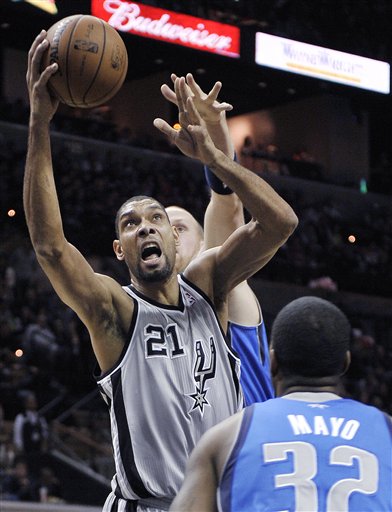
returned each subsequent season lighter
than the year before. (AP)
He adapted his game, drifting further away from the basket to avoid the constant pounding in the post. As he reworked his body, he settled for being a shooter/finisher/facilitator in the Spurs pick and roll sets. Initially it appeared this was his way of leveling off his decline, but all these things appeared to have tapped into something thought to have been lost.
He’s not the same dominant force he was in his prime, but he is dunking on people again with authority. He’s making post moves not seen since 2008; the type of move that involves several sharp pivots and changes of direction.
Defensively his mobility is better, he’s a year smarter, and his teammates ability to stay on the same page as Duncan (again, continuity) has improved the Spurs overall defense and propped open their contention window.
Jesse’s Prediction: A slightly fatigued Spurs team pulls away in the third quarter and survive a Brooklyn Nets fourth quarter run to win 103-96. Duncan gets at least one poster dunk if Popovich doesn’t rest him.

